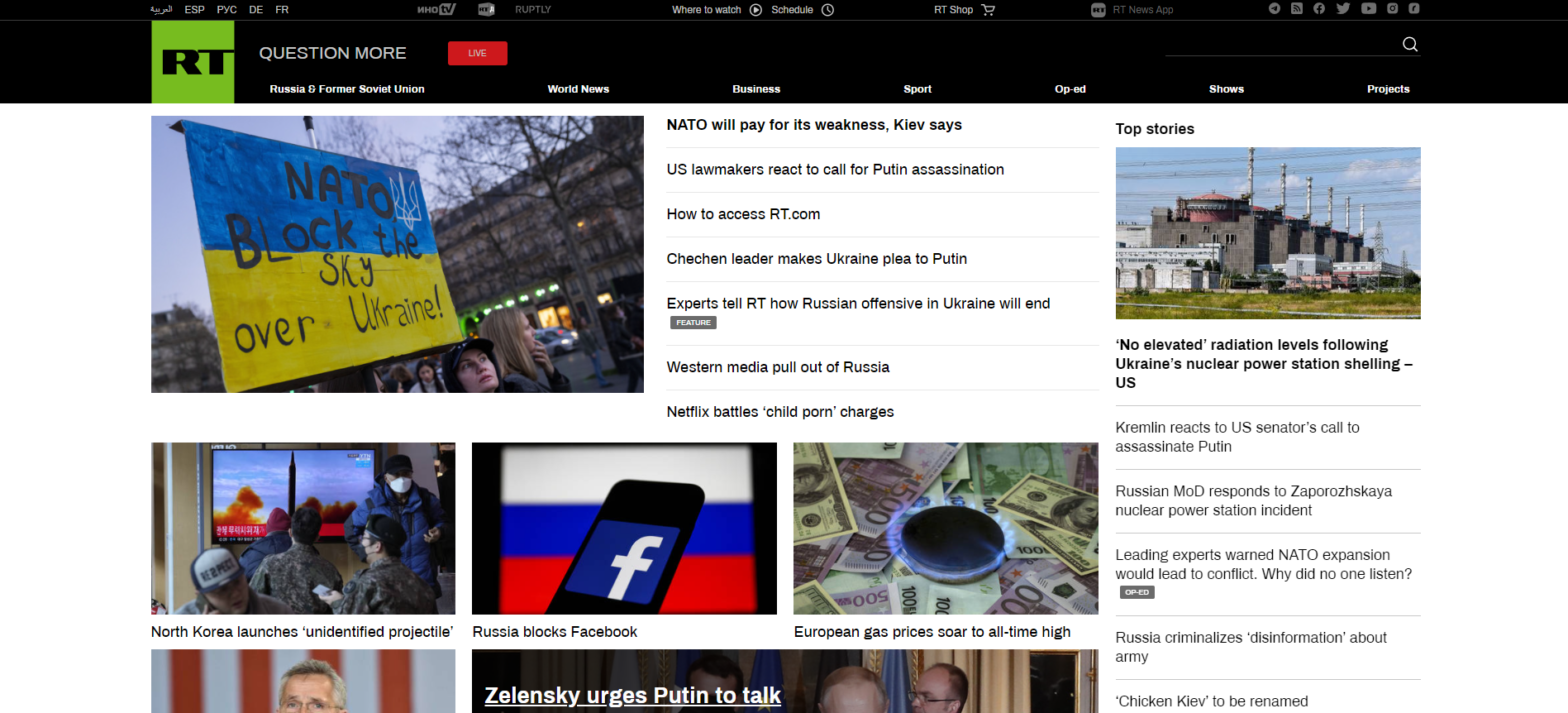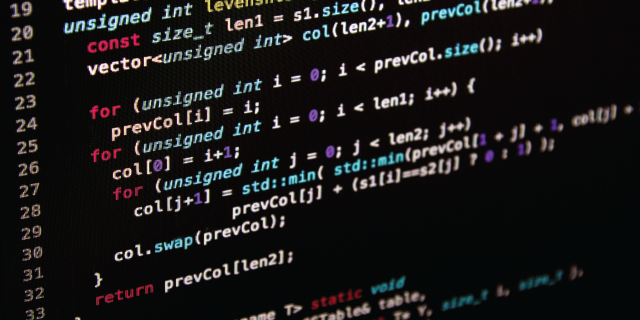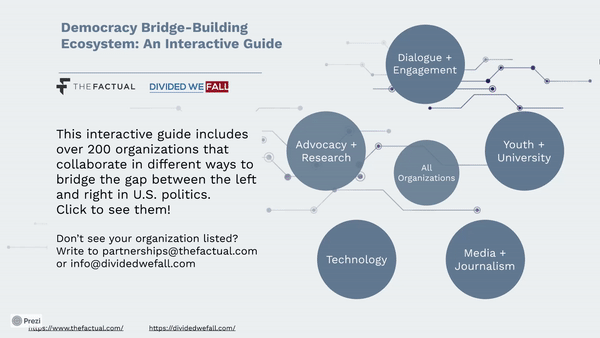After Russia invaded Ukraine, severe economic sanctions were accompanied by a multinational decision to ban Russian-state media from many spaces. First, the European Union (EU) said Sputnik News and RT would no longer be seen in the EU, then tech platforms systematically limited access to these networks or applied warning labels about their content. Following years of concern about tech censorship and perceived bias, was this the right decision? What consequences might it have?
At The Factual, these questions were discussed at length within our team due to the editorial process for preparing the daily newsletter. While we employ a rating system to identify highly informative articles and minimize our biases when selecting stories, we still employ human judgment on the final selection as we look to present different angles across the political spectrum. So, where did we land on the banning decision?
Below are excerpts from the internal team conversation presenting arguments for and against banning Russian state media. The discussion illuminates the many factors that go into such a decision and the complex implications involved. We hope that sharing this with you provides some insight into the guiding principles and discussion behind The Factual.
Please check your email for instructions to ensure that the newsletter arrives in your inbox tomorrow.
Arguments in Favor of Banning
Arguments for not including Sputnik News or RT articles were largely based on these sites’ proclivity to publish articles that are widely known to be Kremlin-backed propaganda.
On RT and Sputnik News:
This is propaganda. The professional and academic communities that study this stuff extensively, way more than we can hope to try to grasp the issue as a small company, agree that these sites are bogus and harmful. To think that we know better is really frustrating … We are doing a grave disservice.
As some members of the team pointed out, even if some articles are largely accurate in content, sending readers to state-owned news sites known to carry disinformation can be seen as highly problematic. For example, in the first days of the conflict, a reader could go in just two clicks from any Sputnik News article to an article attempting to justify Russia’s invasion by pointing to alleged Ukrainian attacks on civilians in Donetsk and Luhansk. This type of justification — classified as a “false flag” operation — is meant to provide Russia with a pretext for military action and is a type of information warfare that the U.S. government and others warned about for months.
On covering different perspectives:
The point is that the issues discussed therein can be covered without needing to include all of these misrepresentations of reality that also happen to support the foreign policy of authoritarian countries. Especially in a time of war when Ukraine has been invaded on the back of this kind of information warfare, and when innocent Ukrainians (and Russians) are dying by the thousands.
Some alternatives to banning RT and Sputnik News were discussed. Members of the team suggested that The Factual could accomplish the same goals of covering perspectives in Russian news media without giving further light to Russian propaganda. By finding articles that include Russian views on Ukraine or discussions about information being put out by the Russian government, it’s possible to cover the same issues without sending people to potentially problematic sites. Another alternative that was discussed was providing ample warning about the potential problems with a news source.
Arguments Against Banning
Some of the points made for continuing to include Sputnik News and RT articles centered on the fact that specific articles are not actually incorrect or do not spread mis- or disinformation.
On legitimate articles:
The whole reason for analyzing articles, rather than sources, is to find useful information on a wide range of sources. That Sputnik article talked about what Russia is doing to counter sanctions, specifically cozying up to China. This is a very important consideration and not false information. If those two countries manage to trade and share info/resources, it severely reduces the impact of Western sanctions.
In the case of propaganda, some members of the team made the point that labeling the news outlets as state sponsored or controlled would be a sufficient warning to readers to treat the content with caution. This argument takes on additional merit given the weeks-long messaging before the invasion about the problematic information and sites in the media environment related to Ukraine.
On propaganda:
Sure. But a lot of news is propaganda. I suppose I just believe propaganda can be informative as long as you know that it is propaganda. I firmly believe that by labeling it “state controlled,” we’ve done a decent enough job. The user now knows they shouldn’t trust it. Personally, I want to know how the Russian state is framing this war to its own people.
Other worries arose, such as the consequences of a controlled media environment. Responding to the decisions about RT and Sputnik News, Russia announced that it would ban Voice of America in what is already a controlled media environment. (In recent days, more independent news sources in Russia have been closed down.) In a constricted information environment, Westerners will be less able to understand Russian perspectives, and Russians largely already face significant constraints on getting Western news.
On consequences:
Russia has now banned Voice of America within Russia. Russian citizens are now less able to understand how the world sees this war, which means they are less able to stand up to their own government’s actions.
Please check your email for instructions to ensure that the newsletter arrives in your inbox tomorrow.
The Factual’s Decision Not to Ban
Eventually, The Factual decided not to ban either news source but to label them more clearly as “state-sponsored.” In the review process, our rating system was adjusted to reflect updated reputation factors for both sites based on more recent article grades — essentially downgrading their ratings while still keeping them accessible. Due to these revisions, these sources are now unlikely to break the score threshold necessary to be included in the newsletter, but it is not impossible and there are other such news sources for which the same questions apply.
Interestingly, in a survey of 510 readers of the Factual, 76% voted in favor of banning these networks, though their comments often indicate the deep concern with taking such a strong step:
From a survey respondent who voted to ban:
Normally, I’d be a big hard ‘NO’ on this kind of question, but in this particular case where we’re in the middle of an actual war with an actual superpower, the normal ‘combat misinformation with correct information’ might not be enough. We should work hard to get Russians open access to information while at the same time restrict the Russian state from getting misinformation out of the country.
What do you think? Was this the right call?



